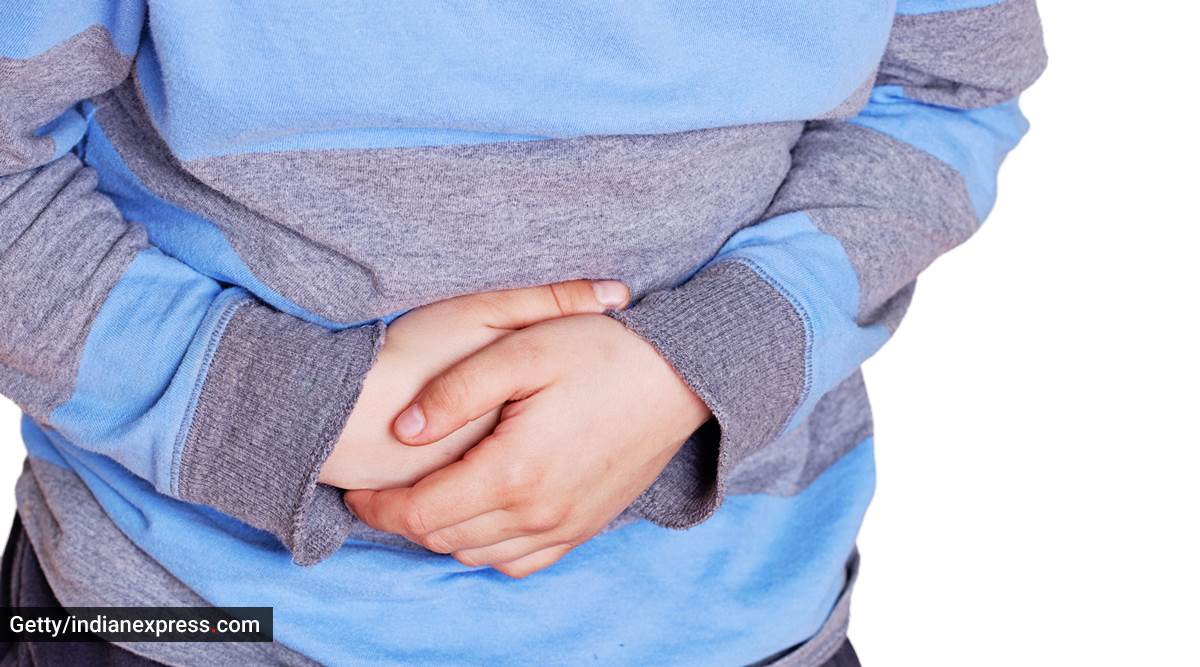How to spot and deal with roundworm infection in kids

The illness often develops after a child puts his/her hands in the mouth after playing in soil contaminated by roundworm eggs

By Dr Lini Balakrishnan
Roundworms are a parasitic group of organisms causing infestation in the human body. Ascariasis, hookworms and pinworms are the most common roundworms in the body. They live, grow and utilise nutrients from the human body.
What causes a roundworm infection?
Roundworm eggs live in faeces-contaminated soil. Animals can transmit roundworms as well. If a child swallows a roundworm egg, it passes down to the intestine and hatches into larvae. Larvae get into the bloodstream and travel to different parts of the body through the lungs, up to the throat. They are then swallowed again and return to the intestine where they grow into adult worms, and come out through faeces.
Roundworms can live in the small intestine for years. Most of the time, children do not exhibit any symptoms. When parents discover worms in their child’s stool, they know he or she has worms.
Signs and symptoms
Most children with roundworm infections do not have any signs and symptoms. Some can have stomach pain, bloating, tiredness or lack of weight-gain. In certain cases, stomach cramps are reported. In certain serious cases, intestinal obstruction can happen.
Worms that travel into the bile ducts can cause blockage and infection of the liver, pancreas, or both.
When the roundworm’s larvae migrate through the lungs, they can cause an allergic lung inflammation with fever, cough, and wheezing. Sometimes the worms are seen coming out of the anus, mouth, or nose.
Itching around the anus area and painful urination are frequently observed in threadworm infections. These worms congregate and lay eggs near the anus, particularly at night, causing itching and sleep disturbance.
How do children get a roundworm infection?
The illness often develops after a child puts his/her hands in the mouth after playing in soil contaminated by roundworm eggs.
Eating unwashed fruit or vegetables that were grown in contaminated soil can also be the cause.
Although the infection can occur in any part of the world, it is more common in developing countries with poor sanitation and areas where human/animal faeces are used as fertiliser.
How is a child’s roundworm infection diagnosed?
The symptoms and medical history of the child has to be discussed with the healthcare provider. A simple stool routine test is used to confirm the diagnosis.
What is the treatment for roundworms?
While there are different types of roundworms, they all have the same treatment. Albendazole, a medication, is usually prescribed by the doctor. This medication prevents the larvae from growing or multiplying. Since reinfection is common, depending on the type of roundworm, the treatment may need to be repeated after a few weeks. This ensures that the parasites are completely eradicated.
To treat anemia, an iron supplement may also be prescribed. A prescription cream could also help relieve itching. With proper treatment, children fully recover from roundworm infection.
Prevention
Keep your child away from soil that could be contaminated with roundworm eggs.
Ensure you wash vegetables and fruits before cooking or eating.
Wash your hands with soap and water after being outside, before handling food, and after using the restroom, and teach your children to do the same.
(The writer is Consultant Paediatrician, Motherhood Hospitals, Sarjapur, Bangalore.)
For all the latest Parenting News, download Indian Express App.
Source: Read Full Article